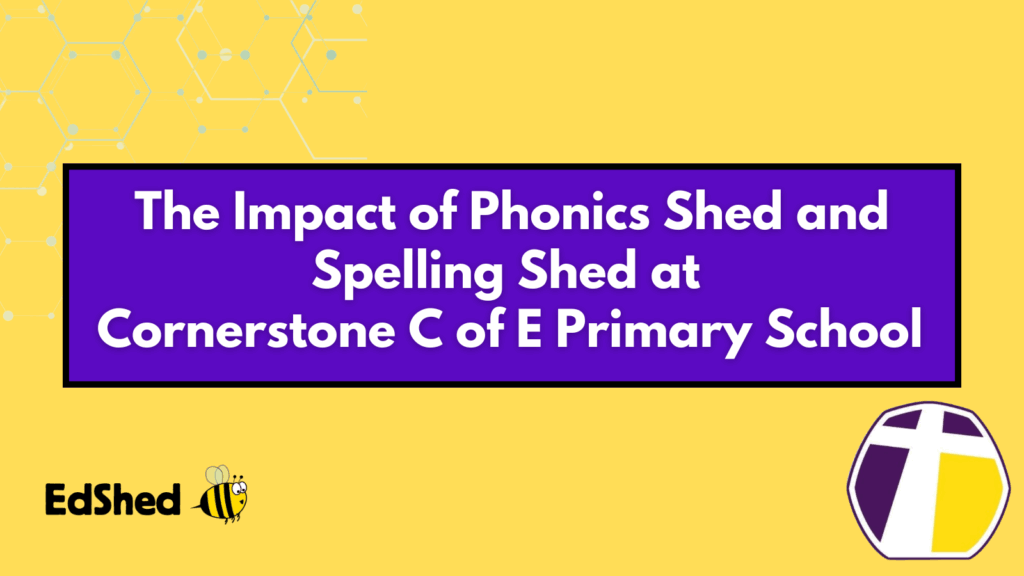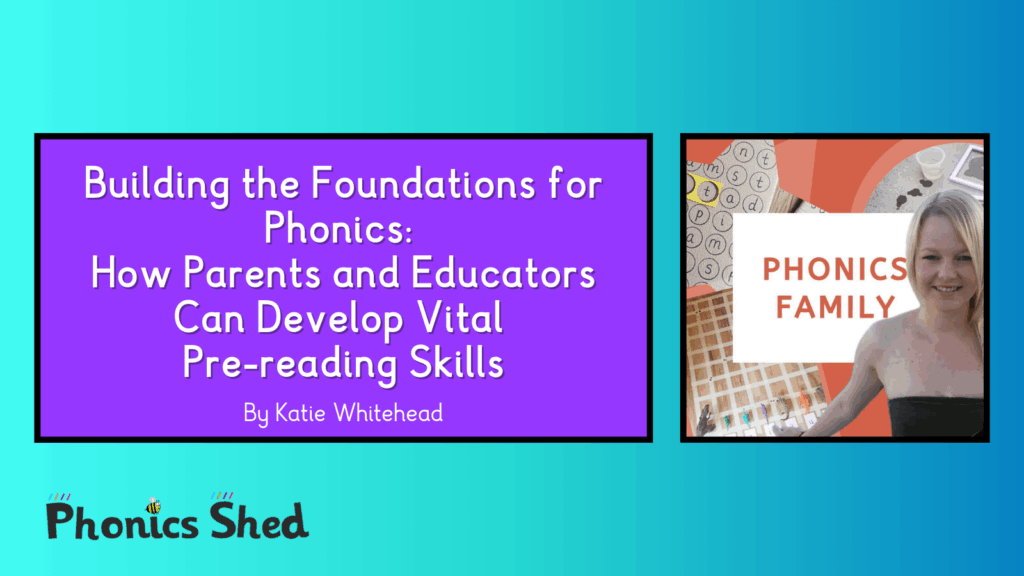Upgrade Your Style: NEW Avatar Accessories Now Available
Our avatar store has had a major update and has lots and lots of new accessories. Let’s Go Shopping! Spending honeypots is now better than ever. Will you and your pupils choose a new pet, a new flag, a new instrument or some facial hair? If you’re feeling lavish, you might go for the ultimate …
Upgrade Your Style: NEW Avatar Accessories Now Available Read More »












